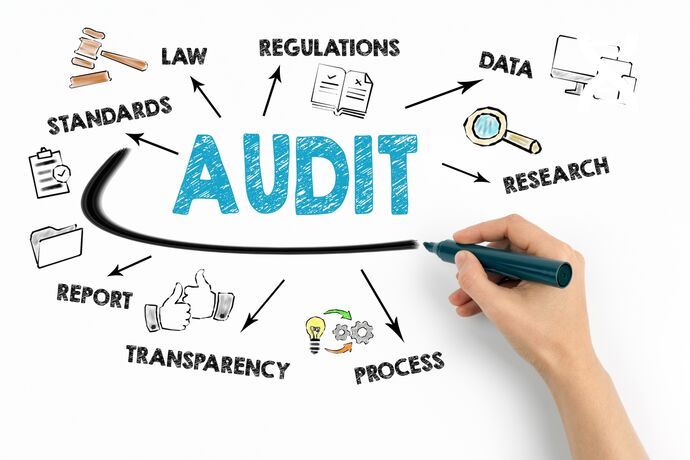The importance of logistics strategy
Defining a logistics strategy
From the supply of raw materials to the transformation of finished products, via the storage, handling and delivery of goods, logistics covers a wide range of activities and involves numerous service providers. A logistics strategy consists in optimizing all facets of the process, to ensure perfect management of physical, informational and financial flows.
In pragmatic terms, the logistics function covers all activities designed to ensure the proper coordination of supply and demand. With the rise of e-commerce and new consumer demands, logistics flows are set to play a growing role in the years to come.
An audit of every stage in the supply chain
For retailers of all sizes, optimizing flows is a key strategic factor. A supply chain audit is therefore of major interest, as it will enable the organization to better understand any supply chain failures, and to implement appropriate solutions The audit will give logistics and transport players the opportunity to identify areas for productivity improvement, and even to restructure certain links in the chain.
Clear objectives
A clear understanding of the dysfunctions in your supply chain gives your company a chance to respond more effectively to the challenges of contemporary commerce. Establishing a well thought-out strategy from upstream to downstream mechanically increases supply chain productivity The implementation of relevant KPIs will optimize financial and physical flows throughout the chain. For example, calculating the inventory turnover rate is essential for companies wishing to limit the costs associated with overstocking goods, or to avoid losing potential customers through frequent stock-outs. By optimizing your supply chain, you will naturally improve your service rate.






